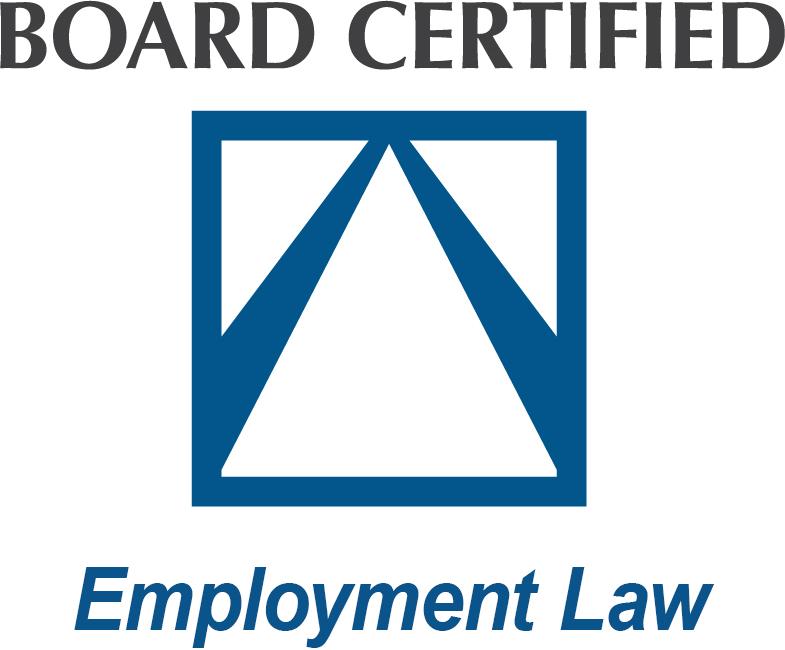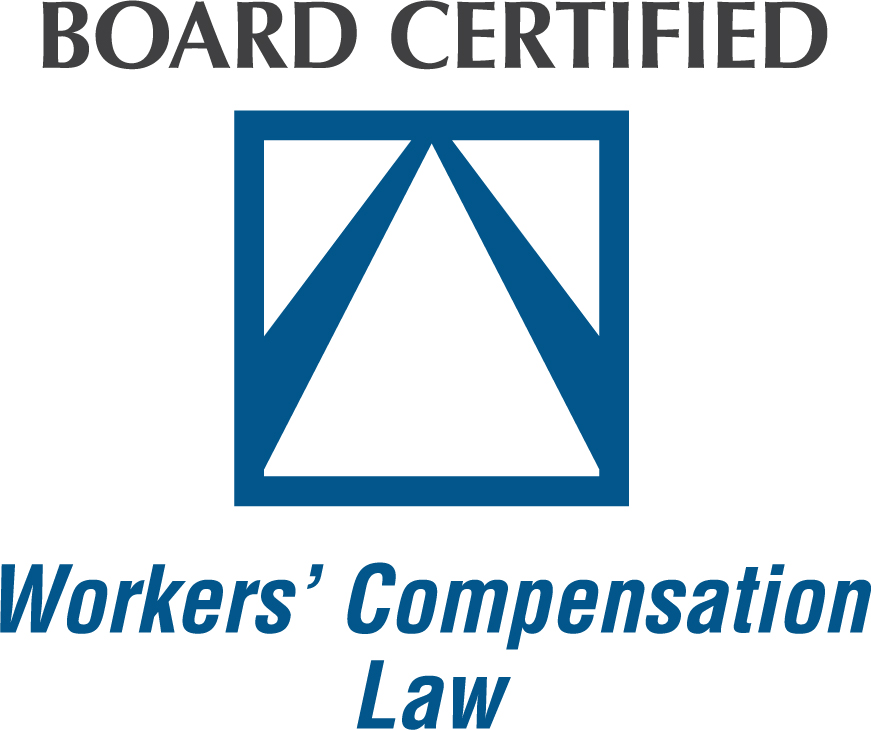
If you’ve been injured at work in North Carolina, you may be eligible for workers’ compensation benefits. Kornbluth Ginsberg Law Group is committed to helping injured workers navigate the complexities of the workers’ comp system. Here’s a breakdown of the types of benefits you may receive if your claim is approved.
Types of Disability Benefits
Workers’ compensation provides several types of disability benefits based on the nature and extent of your injury.
1. Temporary Total Disability (TTD)
Temporary Total Disability (TTD) benefits apply if you cannot work at all while recovering from your injury. These benefits provide two-thirds of your average weekly wage (AWW), up to a maximum amount set annually by the state. For example, if your AWW is $900, you could receive $600 per week in TTD benefits. These payments continue until your doctor clears you to return to work or determines that you’ve reached maximum medical improvement (MMI).
2. Temporary Partial Disability (TPD)
Temporary Partial Disability (TPD) benefits are available if you can return to work but earn less because of your injury. These benefits help bridge the gap between your pre-injury earnings and your reduced wages. TPD is calculated as two-thirds of the difference between your pre-injury and post-injury wages. For instance, if you previously earned $1,000 per week but now earn $600, you would receive $266.67 in TPD benefits.
3. Permanent Partial Disability (PPD)
If your injury results in permanent impairment, you may qualify for Permanent Partial Disability (PPD) benefits. The amount is based on a percentage rating assigned by your doctor for the affected body part, multiplied by the state’s compensation rate for a specified number of weeks. For example, a 10% disability rating for an injured hand may entitle you to a portion of your AWW for 20 weeks.
Medical Compensation
North Carolina workers’ compensation also covers necessary medical expenses related to your injury, ensuring you receive proper care without financial burden.
1. Treatment and Therapy
Approved medical compensation includes doctor visits, hospital stays, surgeries, diagnostic tests, and any prescribed medications. Physical and occupational therapy are also covered if needed to restore functionality or improve mobility after an injury.
2. Pain Management
For injuries that cause ongoing discomfort, pain management treatments, including injections, medication, and other therapies, are often included. These measures can help improve your quality of life during recovery.
3. Vocational Rehabilitation
If your injury prevents you from returning to your previous job, workers’ compensation may provide vocational rehabilitation services. These programs assist with job retraining, skills development, and career counseling to help you find suitable alternative employment.
Why Choose Kornbluth Ginsberg Law Group?
Navigating the workers’ compensation system can be overwhelming, especially when you’re dealing with a serious injury. Kornbluth Ginsberg Law Group’s experienced legal team specializes in helping injured workers secure the benefits they deserve. Our workers’ compensation attorneys, Mr. Mackay and Mr. Shapiro, have more than 50 years of combined legal experience in handling workers’ compensation cases in North Carolina. We’ll guide you through the process, from filing your claim to ensuring you receive all applicable benefits.
If you’ve been injured at work, don’t leave your financial future to chance. Contact Kornbluth Ginsberg Law Group today; our team is available 24/7 at 919-980-9895 for a consultation and let us fight for the benefits you’re entitled to receive.
By understanding your rights and the benefits available, you can focus on what truly matters—your recovery and return to a fulfilling life.









